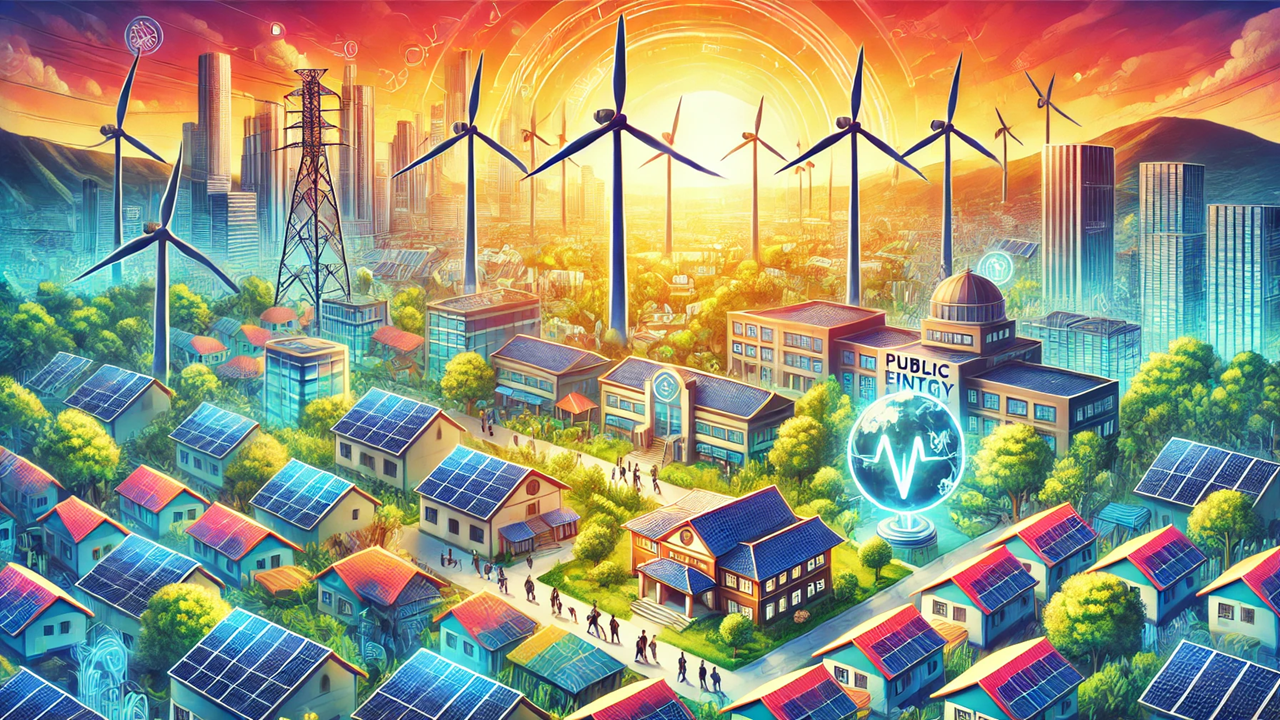World Bank Annual Report 2024: Building a Better Future Together
The World Bank Annual Report 2024, published by the World Bank Group, encapsulates a year of decisive action aimed at tackling the world's most pressing development challenges. Covering July 1, 2023, to June 30, 2024, the report highlights significant strides in poverty alleviation, climate action, education, and global partnerships.
A Vision for a Livable Planet
The World Bank’s mission to eradicate poverty and ensure shared prosperity remains central. This year, it reaffirmed its commitment to addressing intertwined global crises such as economic fragility, climate change, and social inequality. Guided by a bold vision, the Bank focuses on inclusivity, resilience, and sustainability.
Financial Highlights and Investments
In fiscal 2024, the World Bank committed a remarkable $117.5 billion to projects spanning multiple regions. Africa received the largest share at $38 billion, followed by Europe and Central Asia with $24.7 billion. Investments targeted essential areas, including renewable energy, infrastructure, healthcare, and education.
Addressing the Climate Crisis
One of the standout highlights of the report is its strong focus on climate action. With 45% of financing dedicated to climate-focused initiatives, the Bank is pioneering efforts in renewable energy, disaster resilience, and sustainable agriculture. Its Forest Carbon Partnership Facility, coupled with methane-reduction programs, sets a precedent for high-integrity carbon markets and impactful climate adaptation.
Expanding Access to Education and Health
The report reveals significant progress in education and health. Over 280 million students benefited from improved learning conditions, with programs promoting gender equality and foundational skills. In healthcare, the Bank’s initiatives aim to provide universal coverage to 1.5 billion people by 2030, bolstering public health systems in vulnerable regions.
Driving Economic Growth and Digital Transformation
Economic reforms and digital innovation emerged as key themes. Through initiatives like the Private Sector Investment Lab, the World Bank is addressing barriers to investment in emerging markets. Additionally, over 100 countries received support to build robust digital economies, enhancing infrastructure and cybersecurity.
Regional Achievements: A Global Impact
Africa: Aimed to connect 300 million people to electricity by 2030, while fostering educational and healthcare access.
East Asia and Pacific: Advanced methane-reducing farming techniques in Vietnam and strengthened health systems in Indonesia.
Europe and Central Asia: Mobilized $10 billion for Ukraine’s reconstruction and scaled renewable energy projects.
Latin America and the Caribbean: Prioritized climate resilience, green energy, and equitable education.
Middle East and North Africa: Delivered social protection programs to fragile states and supported disaster relief in Morocco.
South Asia: Catalyzed India’s green hydrogen transition and enhanced water security in disaster-prone areas.
Reforms and Innovations
To maximize its impact, the World Bank reorganized its operations around five thematic areas: People, Prosperity, Planet, Infrastructure, and Digital. This structure enables a streamlined approach to addressing global challenges. New financial instruments, such as hybrid capital and climate-resilient debt clauses, further enhanced its capacity to support client nations.
Partnerships for Sustainable Development
Collaboration is at the heart of the World Bank’s strategy. Partnerships with multilateral institutions and the private sector have catalyzed impactful projects. Initiatives such as the Global Challenge Programs and the Livable Planet Fund illustrate the power of collective action.
The World Bank Annual Report 2024 not only reflects on the achievements of the past year but also charts an ambitious path forward. With a focus on innovation, sustainability, and inclusivity, the World Bank is steadfast in its mission to create a world free of poverty on a livable planet.











